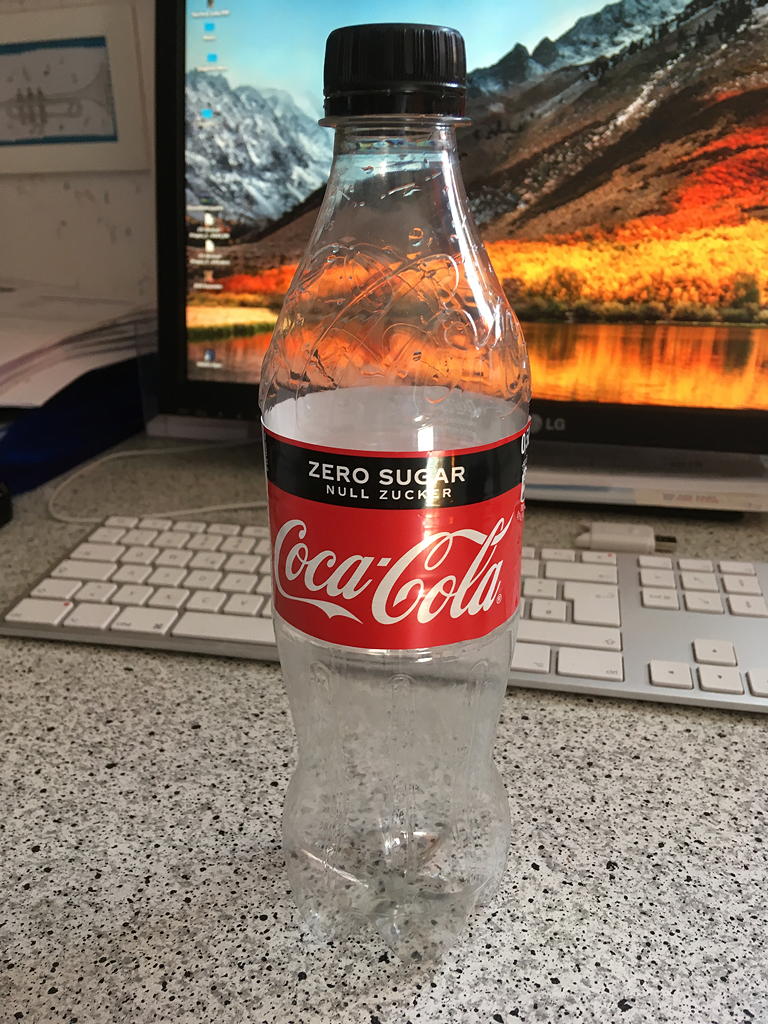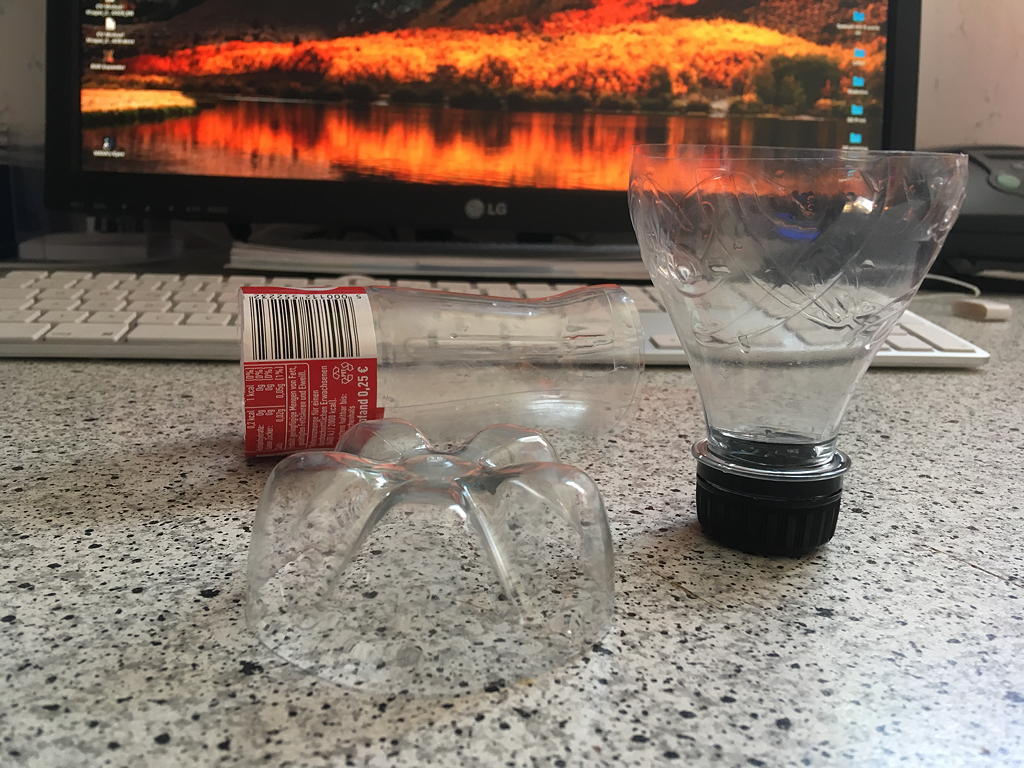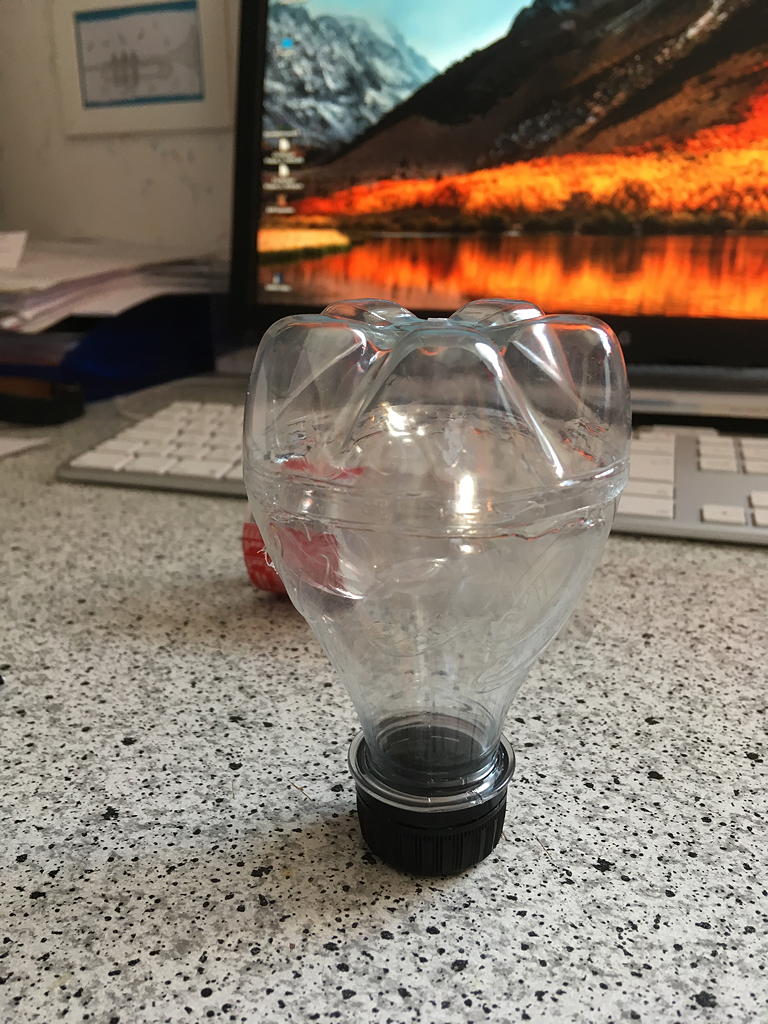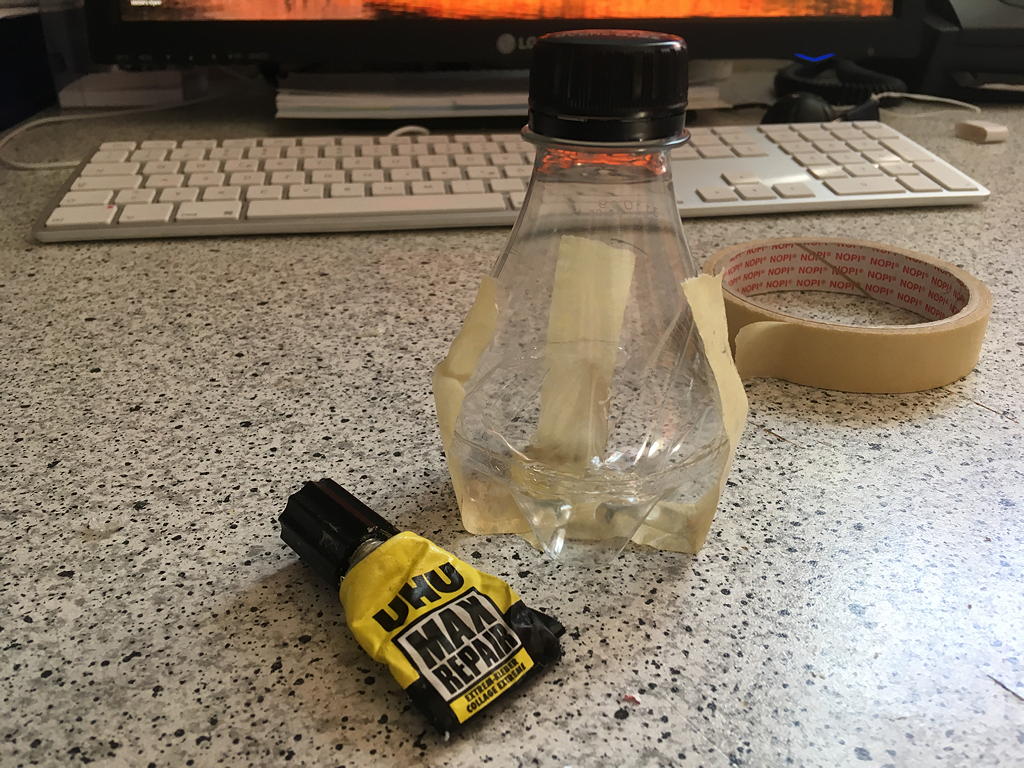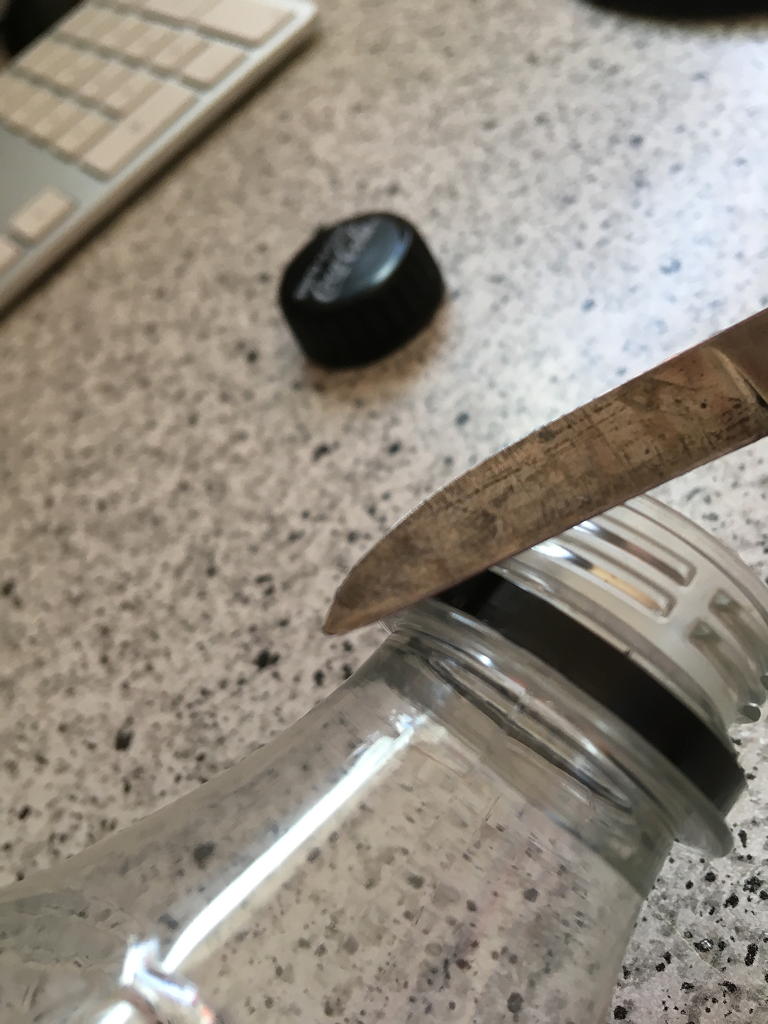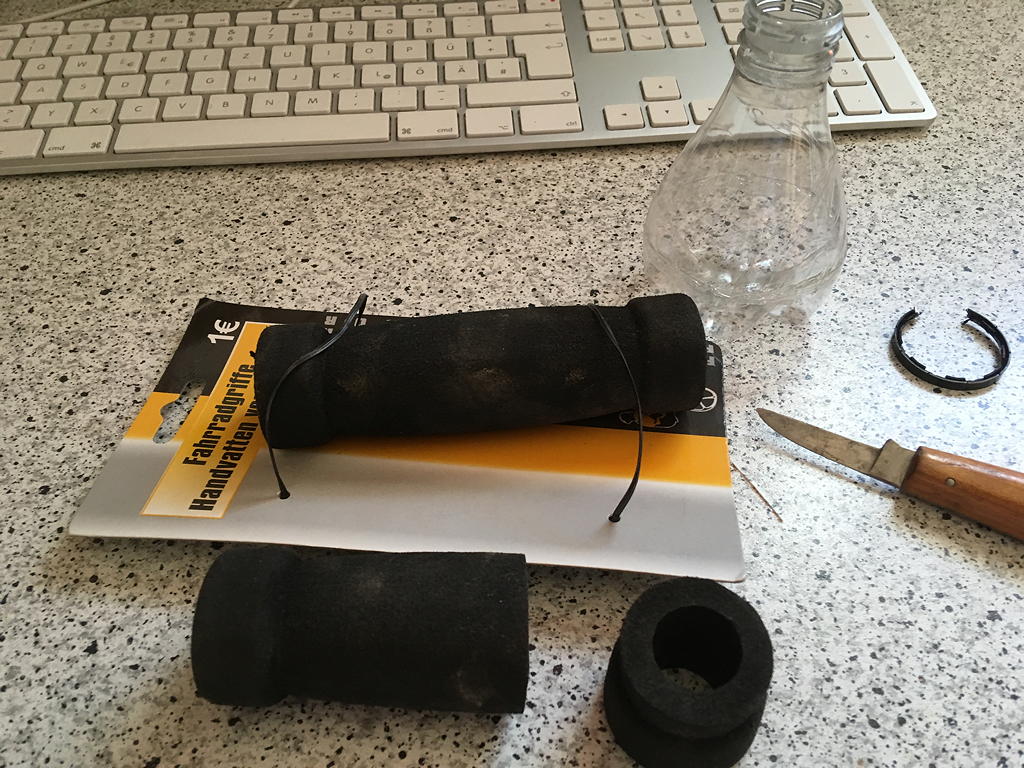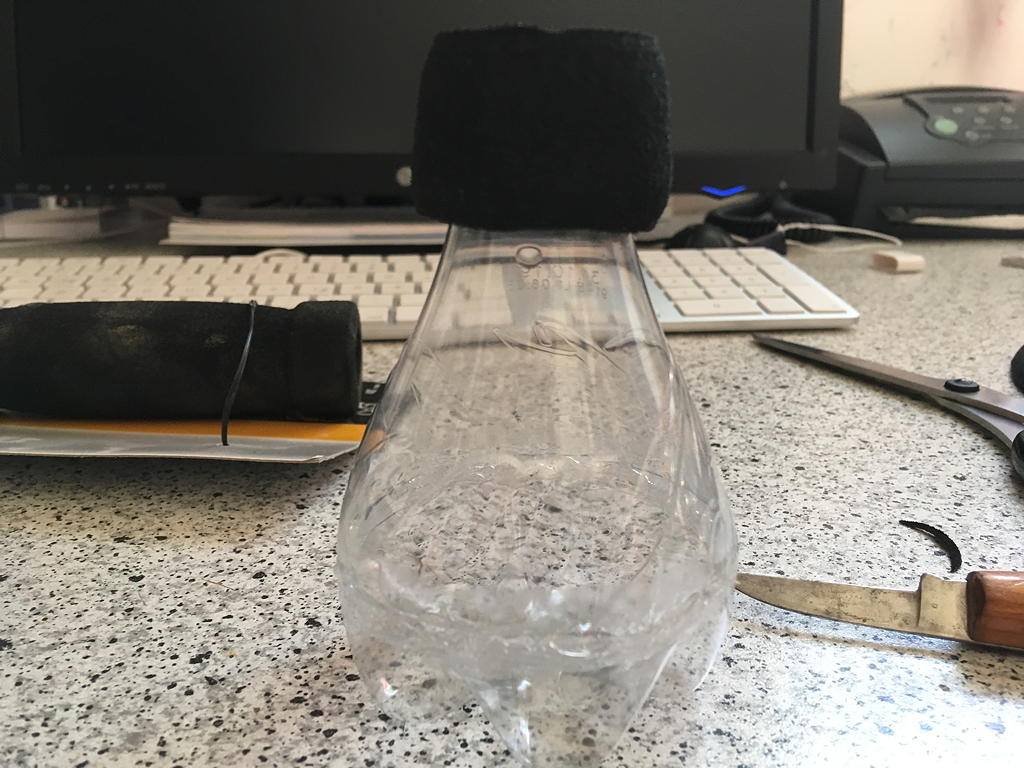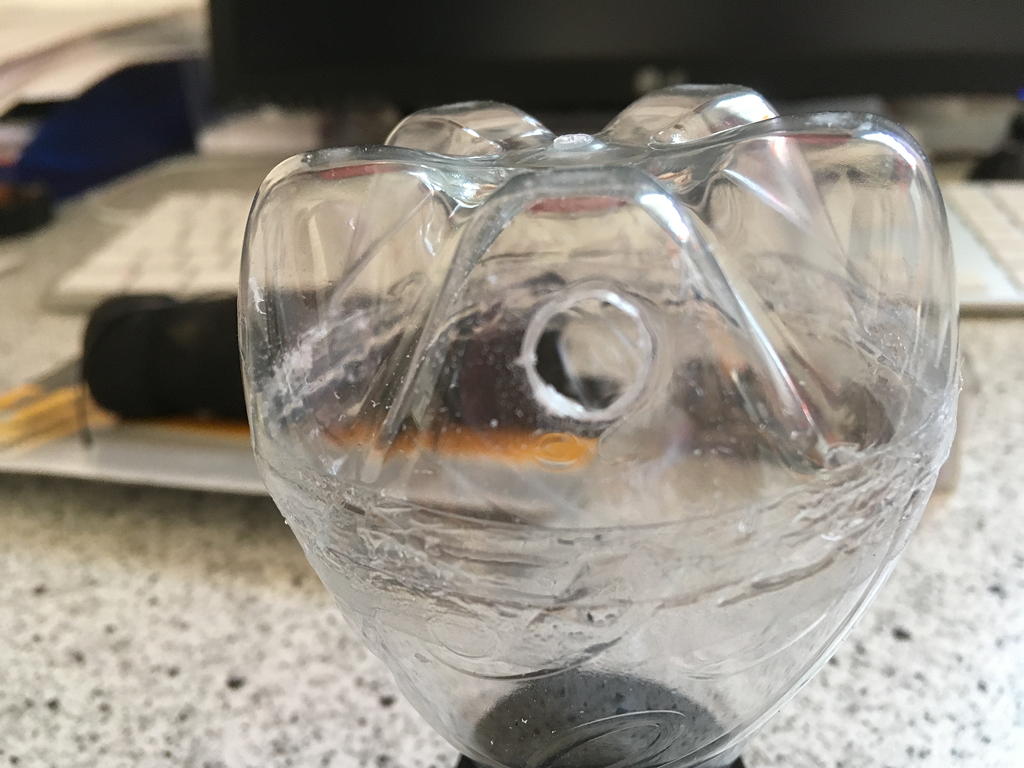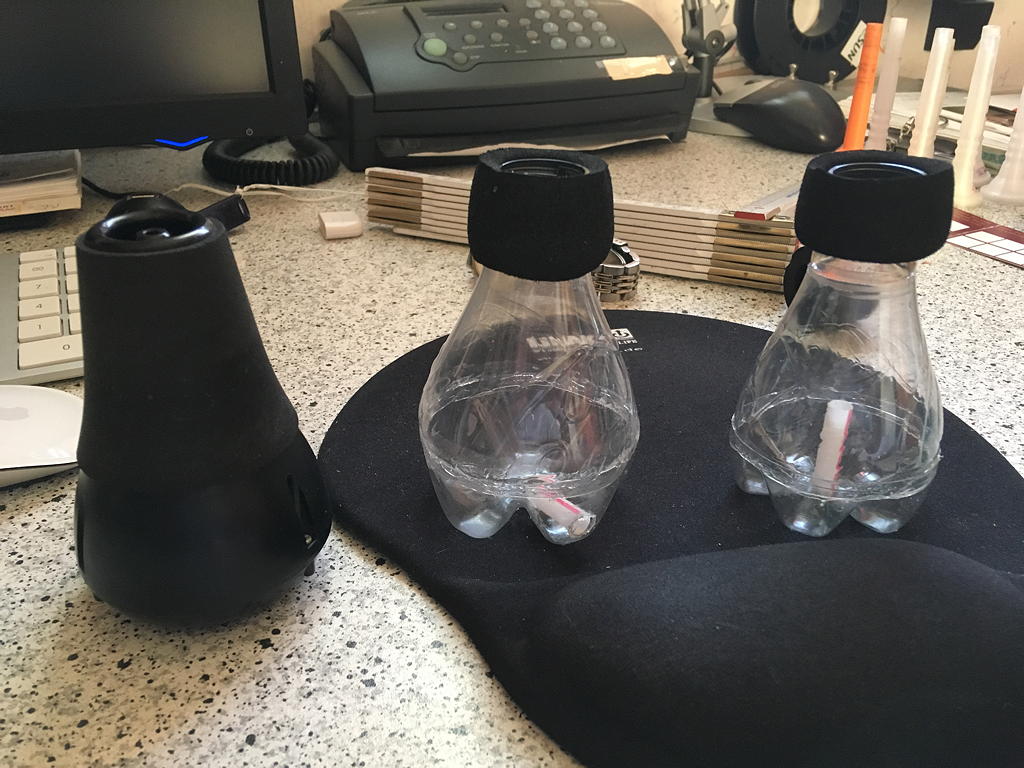@Dirk020 said in B&S Trumpets:
After reading so many hallelujah stories about B&S trumpets I had to give that brand a try.
Mod. 3137 Challenger I: Bach 180/37 copy. A well made horn, good valves but the sound didn't even come close to my old Elkhart Bach 180/37. Sold it to a German guy
Mod. MBX. 72-ish bell, ml. bore, l leadpipe and tuning slide. Good sounding horn but to me way too heavy. I traded this one in for a Yamaha 8130 Z. The latter was way easier to play for me
Mod. eXquisite Malcolm McNab. Copy of his old m-bore Vincent Bach Stradivarius. This one I ordered from Thomann; in 2009 they where the only shop who had them in stock. Beautiful made instrument but for me so hard to play that I was glad that I could return it. The m-bore Conn 22B 'Victor' turned out to be a way better match, that one I played for years until I exchanged her for a Getzen Eterna
At least I gave it a try but I.ll have to say that to me the B&S trumpets where one big disappointment
Actually, the analysis of what went wrong is a bit different. We are creatures of habit. If we have something much different than what we are used to, there is a necessary period to acclimate - which can be months. Naturally when we are looking for a new horn, this makes "change" not so easy or economically feasible. In this case you were disappointed - and understandably so, but at the end of the day we do not know if it was the instrument or an inner unwillingness to change. This is exactly the point that screws a lot of peoples lives up. Projection of fault. We do not know if a "problem" is hardware or software. To test this concept, take your best playing horn and play it in a church with good acoustics, in a bedroom, outdoors near a lake, in a bathroom and take notes about the blow and feel. It will be 4 different instruments - with the only difference how you hear yourself. Another test is to insert earplugs when playing - we hear ourselves worse and the trumpet gets "stuffier".
Now we can argue that an instrument with "inferior response" is not one that we should buy - but sometimes we are so influenced by the factor blow that we ignore many other parameters that could expand our playing. Anyone that tries a very heavy trumpet like a Monette or Harrelson needs time to get the ears and brain organised.
My personal rule of thumb is to never buy anything unless I can clearly and rationally define what is missing from what I am using. That guided me from Bach to Schilke and then finally Monette mouthpieces.
My trumpets each have a defined palette of colors for specific playing jobs.
